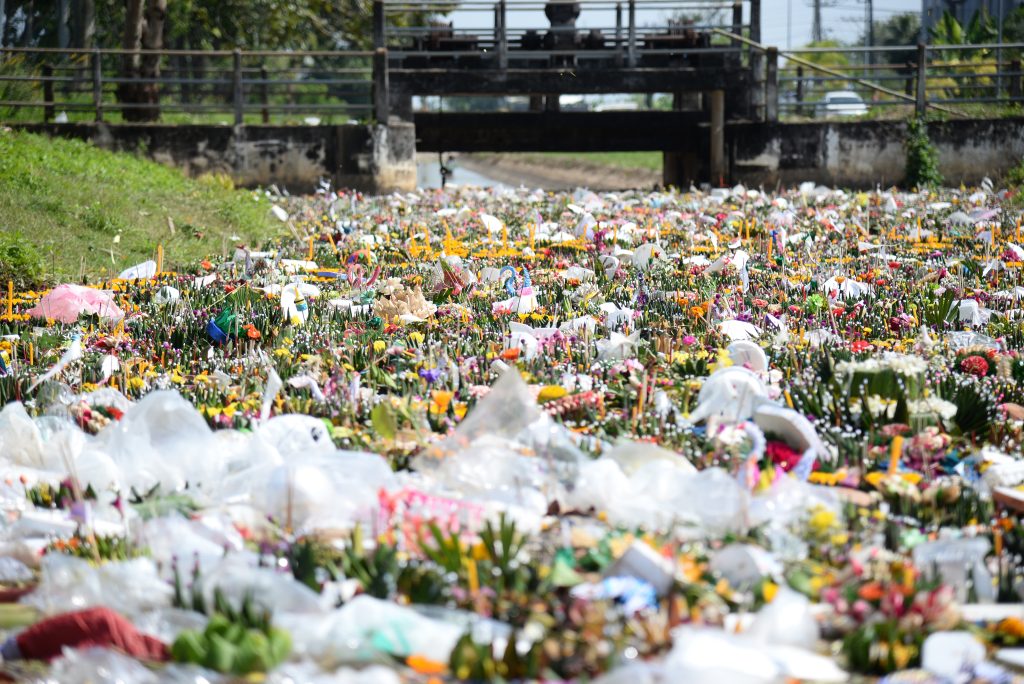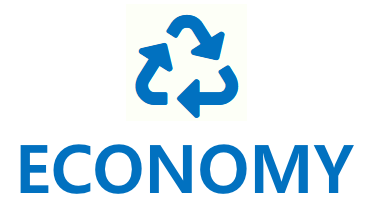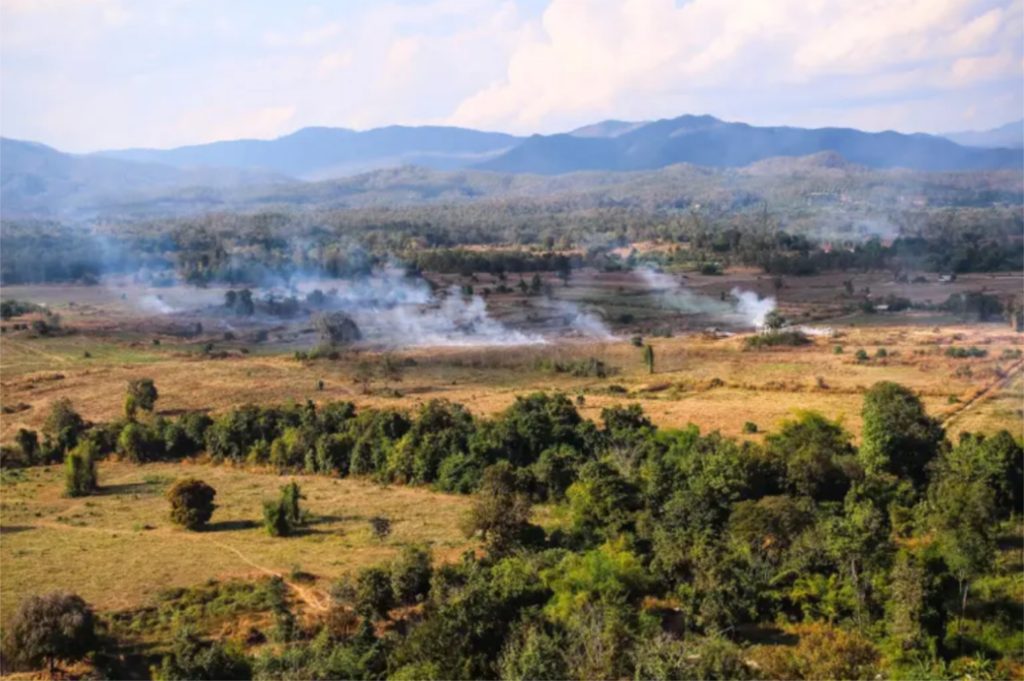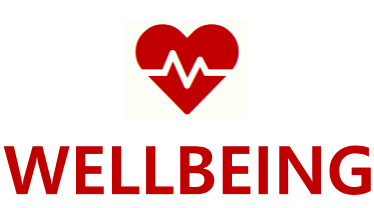Monitoring Sustainability in Chiang Mai
We have made a part of our mission the monitoring of Chiang Mai’s situation in the four dimensions of Nature, Economy, Society and Wellbeing. We aspire to provide information to inform organizations, businesses, and residents of the current situation and with it inspire actions to address making and keeping Chiang Mai sustainable.
As we seek to make the journey towards sustainability with the community of Chiang Mai, we conducted a participatory community consultation with 600 people in which we surveyed what Chiang Mai residents are most concerned about. The common concerns offered us indications as to what the crucial thematic areas are requiring our attention.

Chiang Mai like most cities, faces a multitude of environmental issues threatening its sustainability, health, and tourism industry
Air Pollution: Large-scale agricultural fires and heavy car use cause significant air pollution. These pollutants harm public health, contribute to climate change, and negatively impact tourism during peak season.
Plastic Pollution: Uncontrolled urban expansion and cheap packaging lead to plastic waste choking the Ping River, Mae Kha Canal, and Ang Kaew Reservoir. This pollution harms aquatic life, tarnishes Chiang Mai’s image, and poses health risks.
Water Quality: Agricultural runoff, urban waste, and plastic contribute to the severe degradation of Chiang Mai’s water bodies. This not only harms the environment but also threatens public health.
Green Spaces: Unchecked urban development leads to the continual loss of trees and green spaces. This lack of canopy cover worsens the urban heat island effect, reduces air quality, and diminishes biodiversity.


Chiang Mai’s growth can embrace innovation that doesn’t come at the expense, but regenerates the environment and social wellbeing
Waste Management: The current system is inefficient, with most waste ending up in overflowing landfills or being burned, releasing harmful pollutants into the air. Shockingly, 62% of this waste is organic and compostable.
Clean Energy Sources: Chiang Mai relies heavily on fossil fuels despite abundant sunshine (ideal for solar power) and agricultural waste (suitable for biogas production). This dependence worsens air quality and increases reliance on imported energy.
Affordable and Clean Public Transportation: The city’s push for bigger roads has led to urban sprawl, negatively impacting communities. Traffic pollution is further exacerbated by annual burning and the heavy reliance on private vehicles. A combination of clean public buses and cycling lanes could significantly reduce pollution and traffic congestion.
Green Business Practices: Embracing sustainable practices like eco-friendly product designs, renewable resources, and product recycling benefits the environment and attracts environmentally conscious consumers and investment. The city’s favorable climate and diverse agricultural production present opportunities for sustainable businesses.


Chiang Mai’s social and cultural fabrics are at the heart of the city requiring mutual consideration and respect from everyone
Cultural Identity: Globalization threatens Chiang Mai’s unique Lanna heritage. Collaboration between residents, businesses, and local government is vital to safeguard cultural sites and traditions. This vibrant heritage not only strengthens social ties but also fuels tourism.
Diversity: An influx of new residents presents opportunities. By welcoming integration, Chiang Mai can address skill gaps, attract investment, and create a more inclusive environment.
Public Safety: A safe city fosters trust and well-being. Public awareness campaigns are needed to address traffic safety issues like drunk driving and helmet use. Consistent enforcement of existing laws is crucial.
Inequality: Unequal access to basic services like housing and healthcare, particularly in informal settlements, hinders development. Collaborative efforts are essential to create equitable access to resources and opportunities.


Chiang Mai’s wellbeing will comes as the result of a healthy and knowledgeable community living in harmony with nature
Education as the Key to Sustainability: Education for Sustainable Development empowers citizens to make choices that benefit their environment and health. Chiang Mai can lead by integrating sustainability education into school activities and inspire young people to find solutions.
Healthy People, Sustainable City: Better physical health in Chiang Mai leads to stronger communities and lower healthcare costs. This means promoting healthy activities like cycling and addressing air pollution.
Mental Wellbeing for a Thriving Society: Mental health issues like depression and addiction are concerns. Building a supportive community and promoting mental health education can create a resilient society.
Safe Food, Healthy Lives: Industrial farming practices threaten public health. Supporting organic farming and clean food labelling ensure safe options for citizens.

